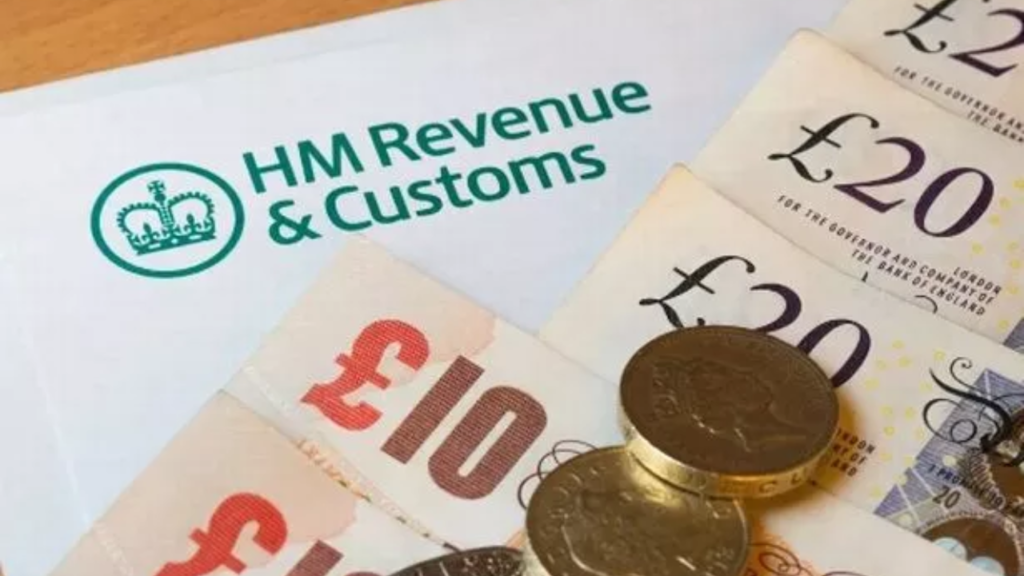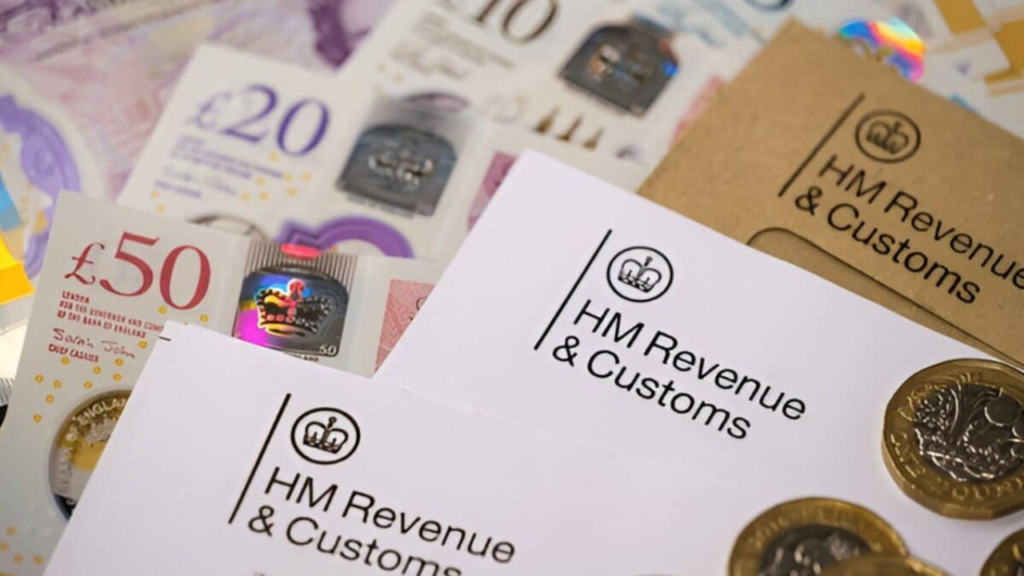The HMRC (Her Majesty’s Revenue and Customs) has issued a £100 penalty for individuals who fail to meet their tax filing deadline. With 5.4 million people reportedly affected by this penalty, it’s essential to understand how the new penalty system works and what steps you can take to avoid incurring this fine. If you haven’t filed your tax return or paid the due amount on time, you may be at risk of facing this penalty.
In this article, we’ll break down everything you need to know about the £100 HMRC penalty, how to check if you are one of the affected individuals, and what actions you can take to resolve the situation.
What is the £100 HMRC Penalty?
The £100 penalty is issued by HMRC when individuals fail to submit their Self Assessment tax returns by the deadline. The penalty applies even if you do not owe any tax or if the payment is not yet due. The penalty is imposed as soon as the 31st January deadline passes for submitting tax returns for the previous year.
Key Details:
- Due Date for Tax Returns: The deadline for submitting a tax return for the tax year ending on 5 April is 31 January. This is the latest possible date for filing and paying any outstanding taxes for that year.
- Penalty System: If you miss the deadline, HMRC automatically issues a £100 penalty. This applies to both paper and online tax returns.
- Additional Penalties: If the return is not filed within 3 months after the deadline, you may incur additional daily penalties of £10 per day, up to a maximum of £900.
- Further Penalties: After 6 months, a further penalty of £300 or 5% of the tax due, whichever is higher, may be charged. If a return remains overdue for 12 months, additional penalties can be imposed.

Why are 5.4 Million People Affected?
According to reports, 5.4 million individuals are potentially facing the £100 penalty due to missing the 31 January deadline. There are a variety of reasons why so many people may be affected:
- Unaware of the Deadline: Some individuals may not be fully aware of the filing deadline or fail to note it in their calendars.
- Complex Tax Returns: For those with complex tax situations, such as those who are self-employed, filing the return can be a time-consuming process.
- Technical Difficulties: Some people may experience issues with the HMRC online portal or encounter problems in submitting their tax returns.
- Last-Minute Filers: Many individuals leave tax filing until the last minute and fail to submit their returns before the deadline.
The sheer volume of people missing the deadline results in millions of penalties being levied, and HMRC urges taxpayers to take steps to avoid this fine.
How to Avoid the £100 HMRC Penalty
If you haven’t yet filed your tax return and are concerned about the £100 penalty, there are several steps you can take to avoid further fines:
1. File Your Return as Soon as Possible
- File Immediately: If you haven’t submitted your tax return, the first thing you should do is file it immediately. The £100 penalty is automatically issued, so the sooner you submit your return, the better.
- Online Filing: If you haven’t filed online yet, use the HMRC online portal to quickly and efficiently file your tax return. Paper returns can be slower, and online filing allows for quicker processing.
2. Pay Any Outstanding Tax Due
- Make Payment: If you owe any tax, ensure that you pay it immediately. While the penalty applies for missing the deadline, paying any outstanding taxes will help avoid further penalties.
- Pay in Installments: If you cannot afford to pay in full, you may be able to set up a payment plan with HMRC. This can help ease the financial burden.
3. Make a Valid Reason for Late Submission
- Explain Your Circumstances: If there were extenuating circumstances (such as illness or other emergencies) that caused the delay, you can submit a reasonable excuse to HMRC. This may allow them to reduce or waive the penalty.
- Contact HMRC: Reach out to HMRC to explain your situation if you believe there is a valid reason for missing the deadline.

What to Do if You’ve Already Missed the Deadline
If you have already missed the 31 January deadline, don’t panic. Here’s what you should do:
- File the Return: The penalty for missing the deadline is automatic, but you can still reduce the penalty by filing the return as soon as possible. Don’t wait any longer to file.
- Avoid Additional Fines: If you miss the return for 3 months, the daily penalties start. If possible, file your return within the first 3 months after the deadline to avoid these additional penalties.
- Seek Professional Help: If you’re struggling with your tax return, consider seeking help from an accountant or tax professional who can guide you through the process and ensure that your return is filed correctly.
Conclusion
The £100 HMRC penalty for missing the 31 January deadline can affect millions of people, but it’s important to remember that you can take steps to avoid further penalties. If you’ve missed the deadline, file your tax return as soon as possible, pay any tax owed, and consider seeking professional advice if necessary. By staying organized and on top of deadlines, you can prevent unnecessary fines and keep your finances in good standing with HMRC.
FAQs
1. Will I still get penalized if I don’t owe any tax?
Yes, HMRC will still impose a £100 penalty if you miss the deadline for filing, regardless of whether you owe any tax. The penalty is based on failing to file the return on time, not on the amount of tax owed.
2. Can I appeal the £100 penalty?
You can appeal the penalty if you have a valid reason for missing the deadline, such as illness or a family emergency. You will need to provide evidence of your circumstances when appealing.
3. How can I avoid penalties in future years?
To avoid penalties in future years, make sure to file your tax return early, set reminders for key deadlines, and keep good records of your income and expenses.
4. What happens if I don’t pay the penalty?
If you don’t pay the penalty, it will accrue interest, and HMRC can take enforcement actions such as seizing assets or garnishing wages to collect the amount owed.
5. Can I set up a payment plan for any tax owed?
Yes, HMRC allows taxpayers to set up a payment plan if they can’t afford to pay the full amount owed immediately. You can apply for this online or contact HMRC for assistance.



